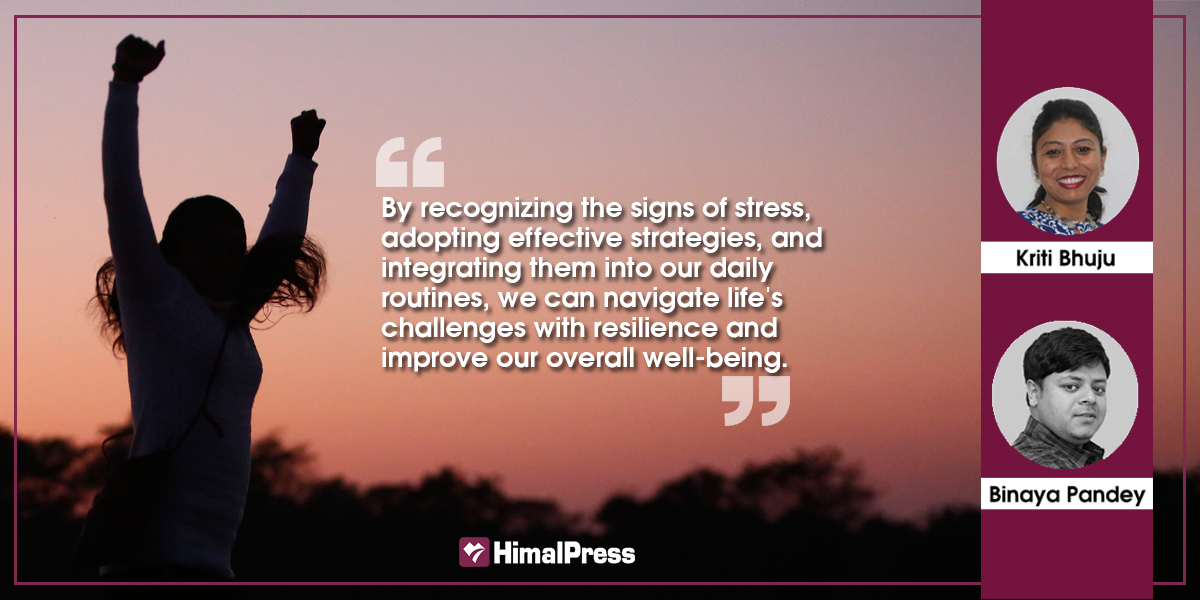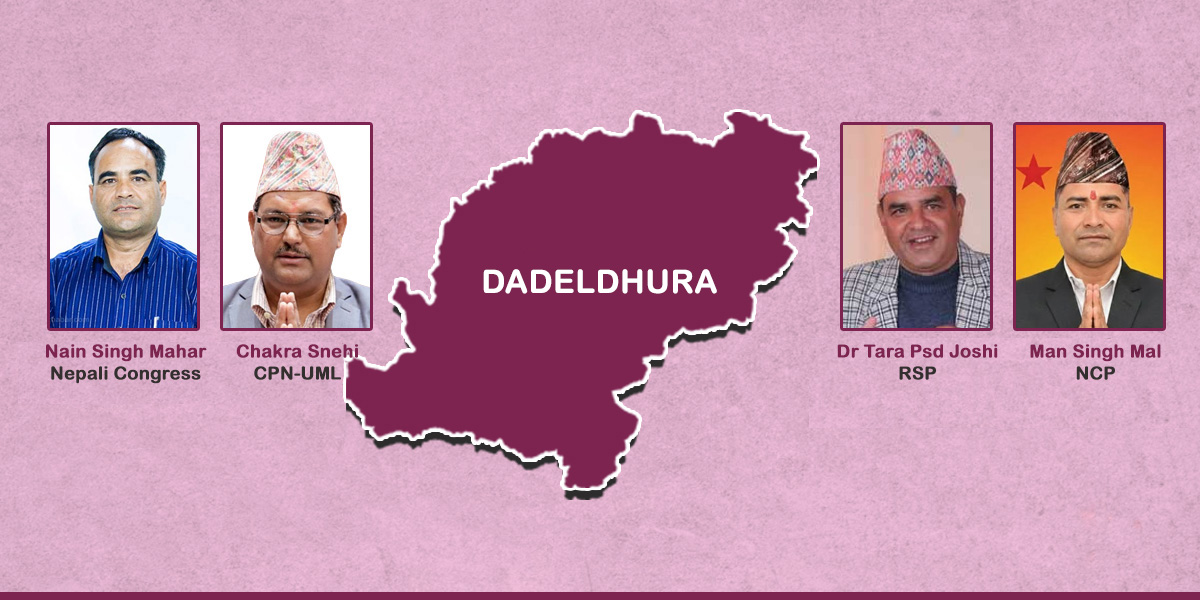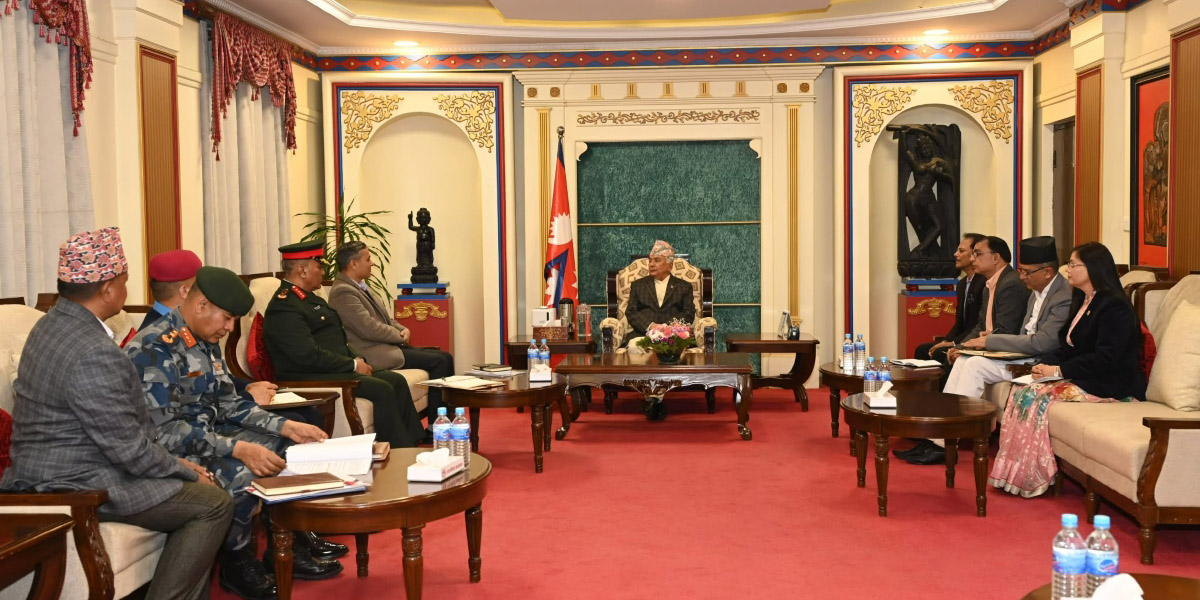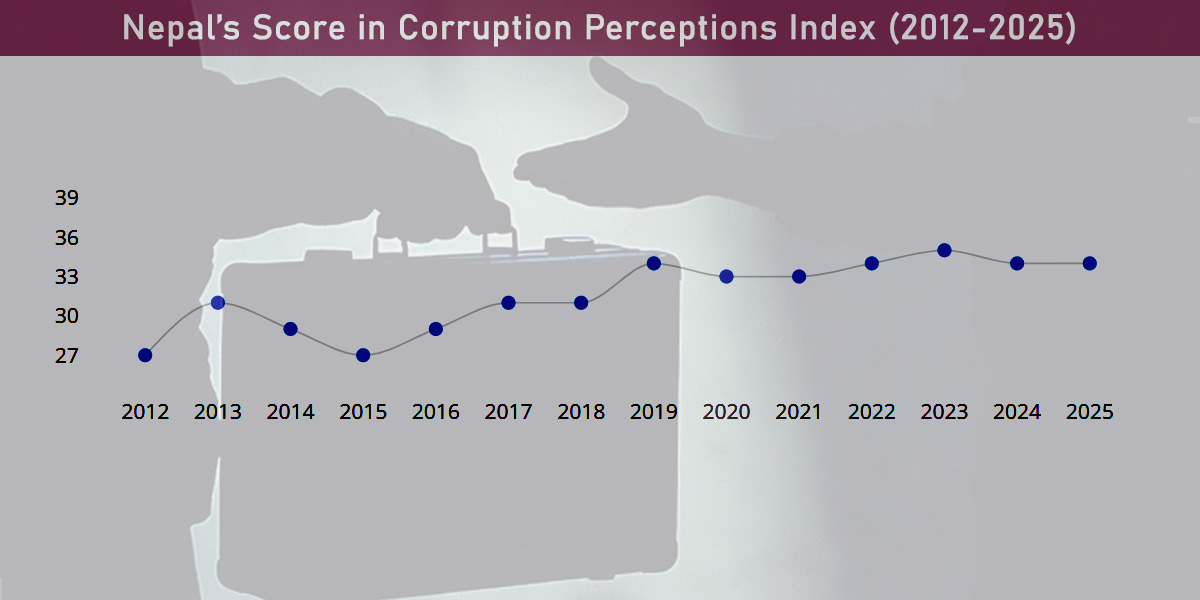
Stress is a natural part of life that affects everyone, but learning to cope with it in a healthy way can benefit you throughout your life. While some stressors are unavoidable, there are ways to minimize their impact. For example, you can decide if adding a fifth class to your workload is feasible alongside your job, family, relationship, long-distance affairs, sports team, and other responsibilities. Even if you can’t completely avoid other stressors, you can reduce their effects by implementing proven wellness tips. Likewise, understanding and managing stress is crucial.
Stress and its Management
The World Health Organization (WHO) defines stress as the body’s response to threats in demanding situations, resulting in physical and psychological changes. When confronted with perceived threats, our bodies activate the “fight-or-flight” response, releasing hormones such as cortisol and adrenaline, which prepare us to confront or escape from the perceived danger. In Nepal and other parts of the global South, individuals face immense pressure to excel in school, secure good jobs, and conform to societal expectations. Consequently, stress levels are high. The education system is highly competitive, and there is a significant emphasis on financial stability. Additionally, people feel the weight of tradition and the pressure to conform to societal norms. These factors combine to create a stressful environment in which individuals struggle to cope.
Research has firmly established a significant correlation between chronic stress and its detrimental impact on both physical and mental health. According to the American Psychological Association (APA), prolonged exposure to stress hormones can have severe consequences for the body, ranging from the subtle elevation of blood pressure to the compromised functioning of the immune system, making individuals more vulnerable to illnesses. The toll extracted by stress is tangible and wide-ranging. Additionally, stress can manifest in symptoms such as anxiety, irritability, and difficulties with concentration, which ultimately undermine overall well-being.
Nepali society is also not immune to the negative consequences of stress. Nevertheless, it is crucial to acknowledge that stress management plays a pivotal role in maintaining overall health and resilience. By understanding the definition and impact of stress, individuals can take proactive measures to manage and mitigate its effects, thereby enhancing their well-being and overall quality of life. Hence, prioritizing stress management becomes imperative in the face of societal pressure and expectations.
One can reduce the impact of stress by prioritizing and organizing responsibilities, implementing effective time management strategies, and maintaining physical health through exercise, proper nutrition, and sufficient sleep. Engaging in practices such as yoga, meditation, and relaxation techniques; seeking social support, participating in enjoyable activities, and practicing self-care enhance stress management abilities. Additionally, fostering a positive mindset, cultivating gratitude, and seeking professional help when necessary are vital for effectively navigating and overcoming stressors in life.
Can Stress be Managed?
Definitely. There are numerous organizations that offer training and workshops specifically designed to help individuals manage stress. In Nepal, organizations such as Beyond Impact Nepal, Manoshastra, TPO, Pics Nepal, Antarang, Inspire, KOSHISH, Center for Self Help Development, Kopila Nepal, Samana, and Sambhavya Foundation, among others, provide stress management training. Furthermore, international organizations like Shoonya, LEM Mindfulness, and Beyond Blue are also active in this field.
The Earth, with its diverse community and abundant natural and cultural resources, offers a wealth of evidence-based practices to help individuals cope with stress and maintain overall well-being. By incorporating the following strategies into daily life, individuals can effectively manage stress:
- Recognizing Stress Signs: Being aware of physical symptoms like headaches, fatigue, and changes in appetite or sleep patterns, as well as emotional signs such as irritability and difficulty concentrating, helps in managing stress effectively.
- Mindfulness and Meditation: Practicing mindfulness through activities like meditation and deep breathing exercises can relax the mind and reduce stress. Traditional practices like yoga and “Pranayama” can be incorporated for relaxation.
- Exercise and Physical Activity: Regular exercise releases mood-boosting endorphins, which help reduce stress. Engaging in activities like hiking, yoga, and traditional dances, such as local folk dances like “Dhime” and “Deuda” in the context of Nepal, promotes physical fitness and relieves stress.
- Healthy Eating: Following a balanced diet, such as the Nepali cuisine that emphasizes fresh vegetables, fruits, whole grains, and legumes, aids in stress reduction. Traditional dishes like “Dal Bhat Tarkari” provide essential nutrients for overall well-being.
- Time Management and Prioritization: Setting goals, managing time effectively, and maintaining a structured schedule can prevent overwhelm and achieve a healthy work-life balance.
- Establishing Boundaries: Setting boundaries and learning to say no, when necessary, preserves personal time and energy, reducing stress levels.
- Building Relationships: Engaging with loved ones, friends, or support groups fosters emotional well-being and provides a reliable support system. Participating in community events like “Jatra” promotes connection and stress reduction.
By seamlessly integrating these strategies into the vibrant tapestry of the existing culture and lifestyle, individuals can experience improved mental and physical health, ultimately leading to a higher quality of life. These strategies are what most of the organizations working in these sectors usually have in their packages.
Are these strategies helpful?
Many organizations working in this sector say that their sessions have had a significant impact on the lives of individuals. It is not just a claim made by these organizations; individuals who have undergone the training have reported experiencing a positive impact in their day-to-day lives. Durga Pun, a fitness instructor at Avya Club, Pokhara, said she found the stress management and self-care session to be incredibly valuable. Despite her extensive experience in the fitness industry, she hadn’t realized the various ways to manage stress. “I believe such training should be provided to all team members in every organization,” she said, adding that learning to allocate time for oneself plays a crucial role in stress management. Her feedback underscores the positive impact of such sessions in promoting well-being and reducing stress in professional settings.
These sessions have proved beneficial for people of all walks of life. The self-care and stress management sessions for teachers have been more impactful. As the individuals responsible for shaping new ideas and future generations in the workforce, their well-being is crucial. “We organized the session on “Self-Care and Stress Management” which provided valuable insights into the importance of self-care and equipped attendees with practical strategies to manage stress, prevent burnout, and maintain work-life balance,” said Tijma Thapa Shakya, Vice-Principal of Montessori Miracle. According to her, the teachers gained a deeper understanding of the impact of stress on their performance and mental health. The session was aimed to enhance job satisfaction and overall well-being for teachers and their students.
The mentioned sessions are available worldwide. LEM Mindfulness, a mental wellness social enterprise in Uganda, recognizes the importance of stress management in maintaining overall well-being. They organize various talk shows, sharing sessions on social media platforms like Twitter, and sessions for university students and others to address this issue. According to Martin Bakundana, the Founder and Team Leader of the organization, unmanaged stress can lead to physical and psychological conditions such as depression, anxiety, high blood pressure, heart disease, and obesity.
Managing stress is crucial for a healthy lifestyle. It’s worth noting that not all stress is detrimental; some stress (eustress) is necessary for normal functioning. Understanding one’s coping ability and participating in stress-related sessions can have a transformative impact.
Self-care is a crucial aspect of stress management, promoting overall well-being. It involves prioritizing and nurturing one’s physical, emotional, and mental health. By practicing self-care, individuals can replenish their energy, reduce stress levels, and enhance their resilience.
According to Shoonya, an organization working to support better mental health at the workplace in Kampala, Uganda, excessive worrying can create feelings of stress and anxiety and can be particularly detrimental to health. Hence, according to the organization, it is important to develop present-moment awareness and self-care and mindfulness as it allows us to take a step back and respond to these experiences in a calmer manner.
Self-care is crucial for overall well-being and stress management. It involves nurturing physical, emotional, intellectual, social, and spiritual health. In the context of Nepal and the global south, self-care is deeply rooted in cultural practices. Prioritizing self-care helps people recharge and minimize the negative effects of stress on various aspects of health.
In conclusion, stress management and self-care are not just buzzwords but essential practices that have a profound impact on our lives. By recognizing the signs of stress, adopting effective strategies, and integrating them into our daily routines, we can navigate life’s challenges with resilience and improve our overall well-being. In the context of Nepal, where cultural traditions and practices offer a rich tapestry of self-care techniques, embracing these strategies becomes even more powerful. Let’s prioritize our well-being, maintain balance, and create a culture that values and supports the importance of self-care and stress management. By doing so, we can lead healthier, happier lives and contribute to a thriving society. Remember, investing in ourselves is the greatest gift we can give to ourselves and those around us.
(Bhuju and Pandey, both mental health activists, are the founders of Beyond Impact Nepal. Bhuju holds a doctoral degree in communication studies, while Pandey is a psychologist. They can be reached at [email protected])


![Maha Shivaratri being celebrated across the country [With Pictures]](https://en.himalpress.com/wp-content/uploads/2026/02/HRB_KTMImage2026-02-15at7.37.40AM1.jpg)











Very nice article Kritijee and Binayajee, Cheers!